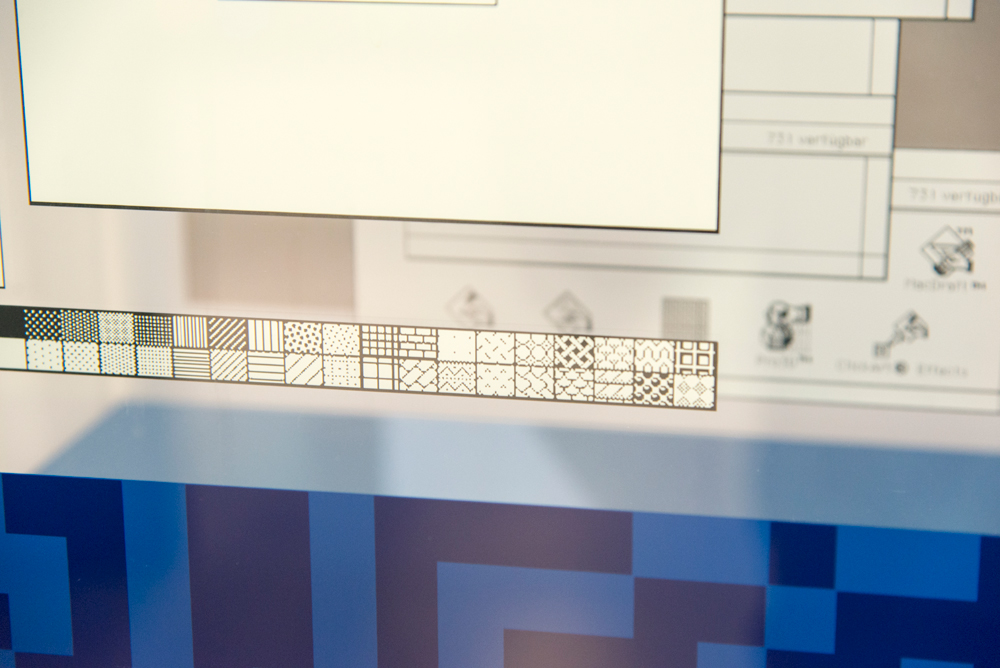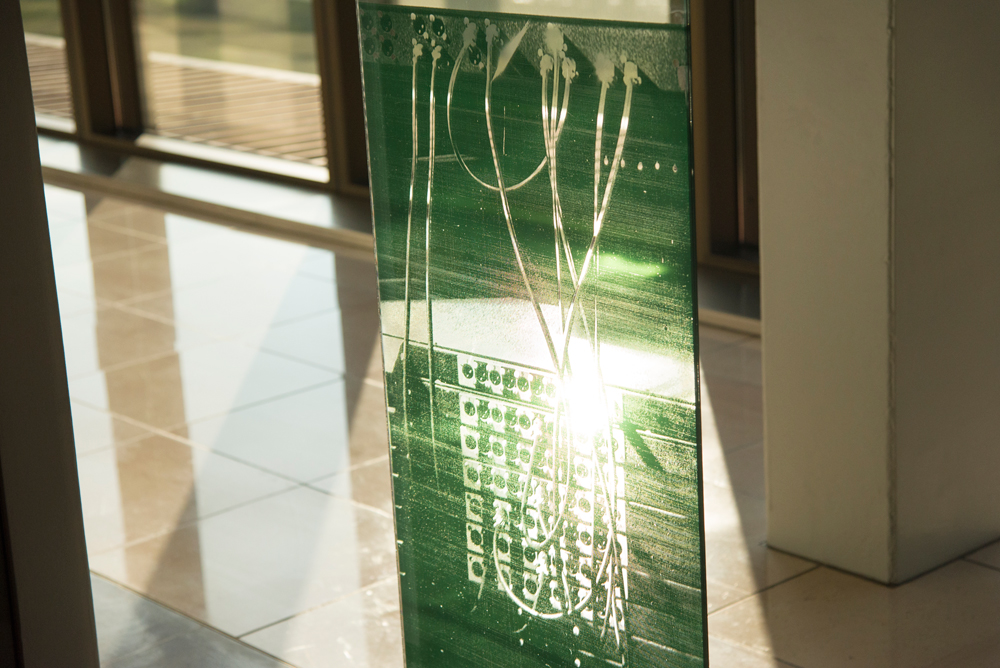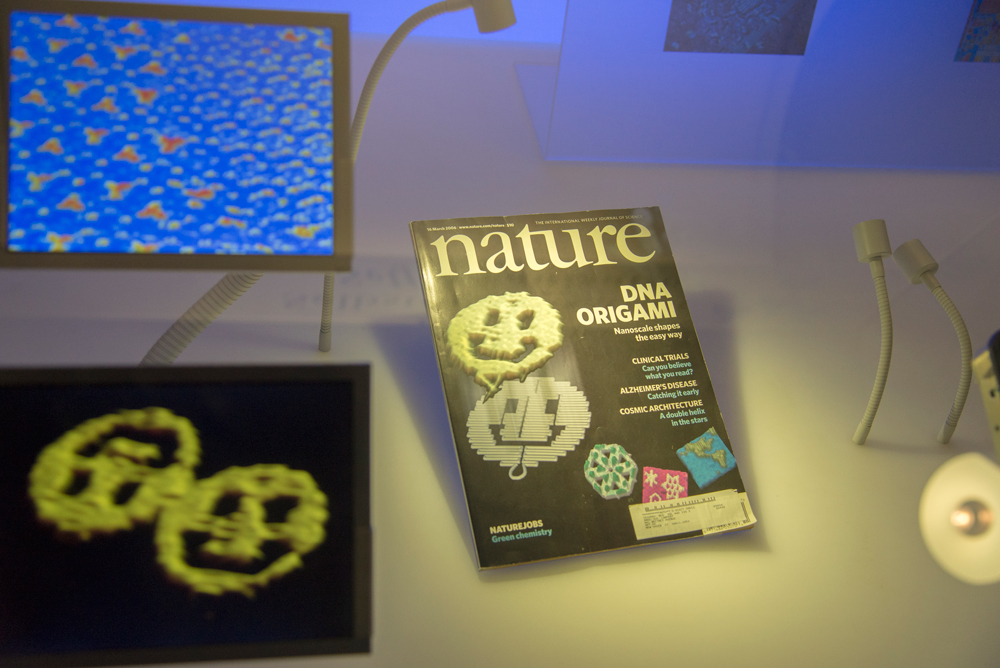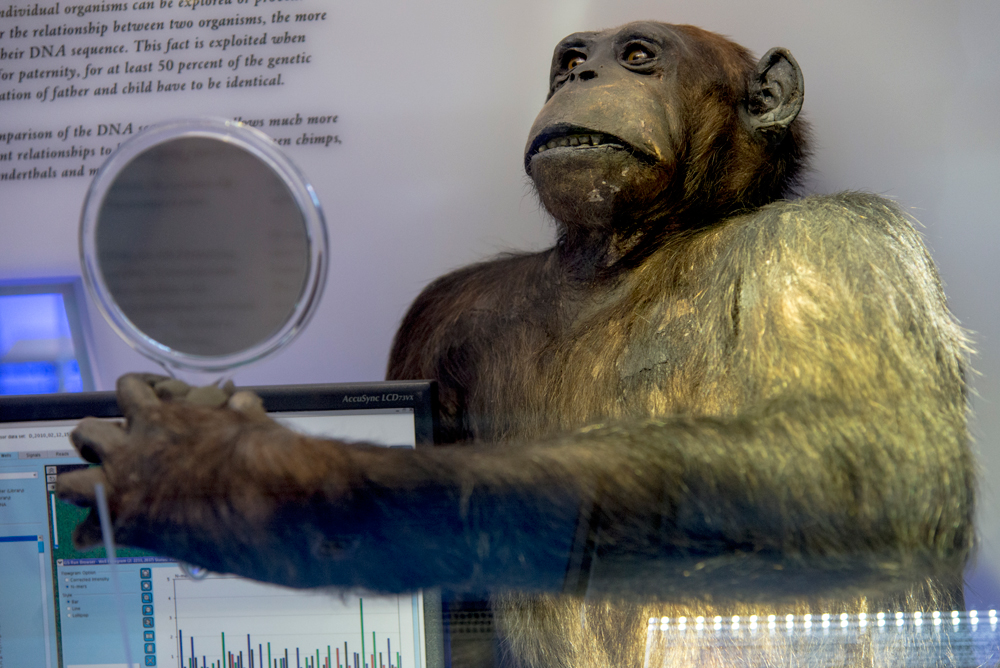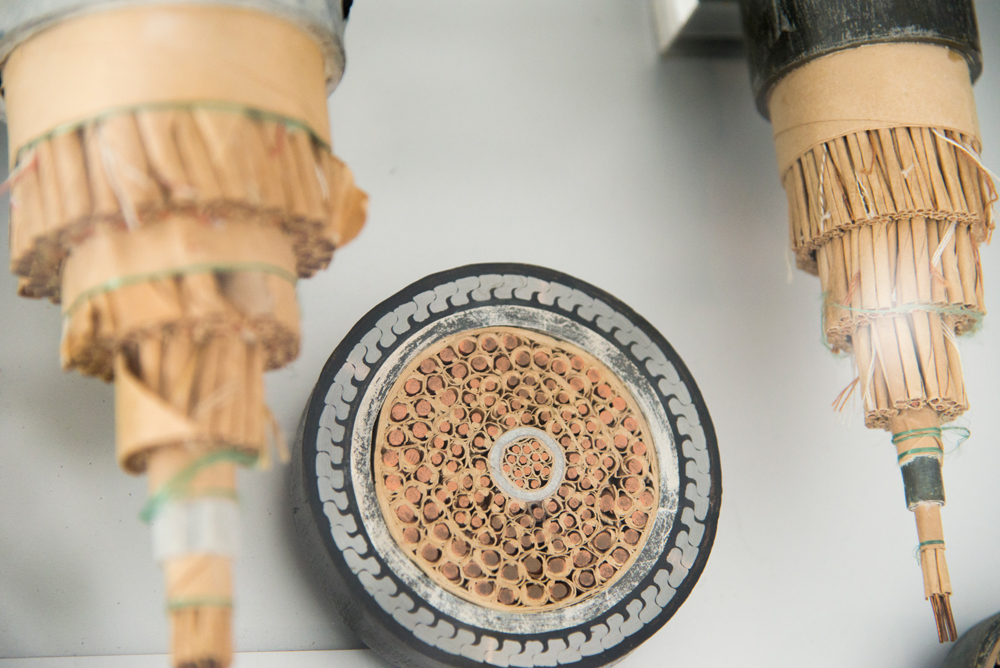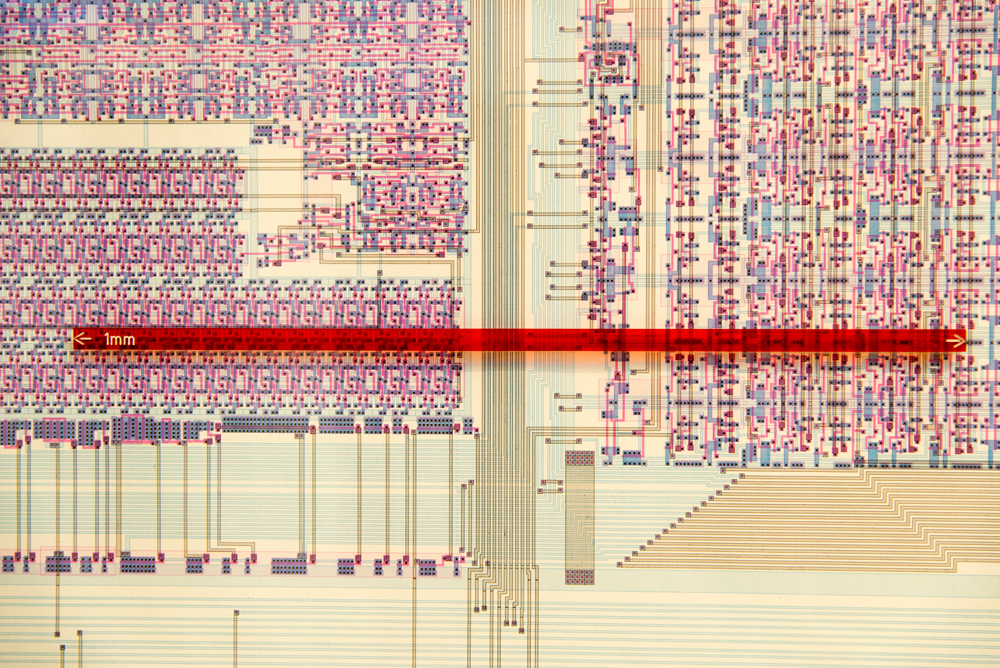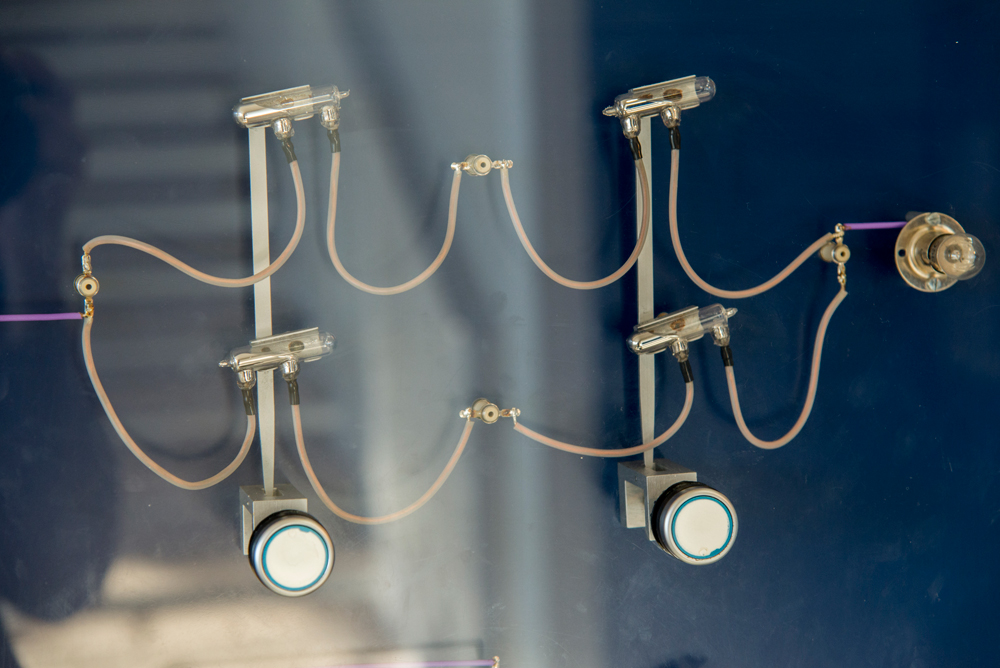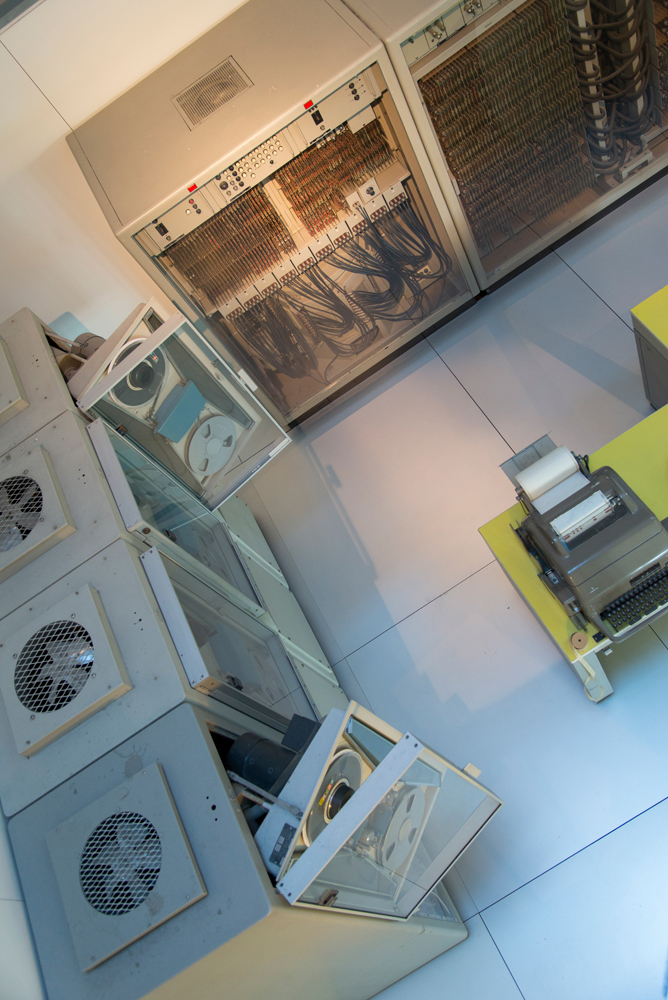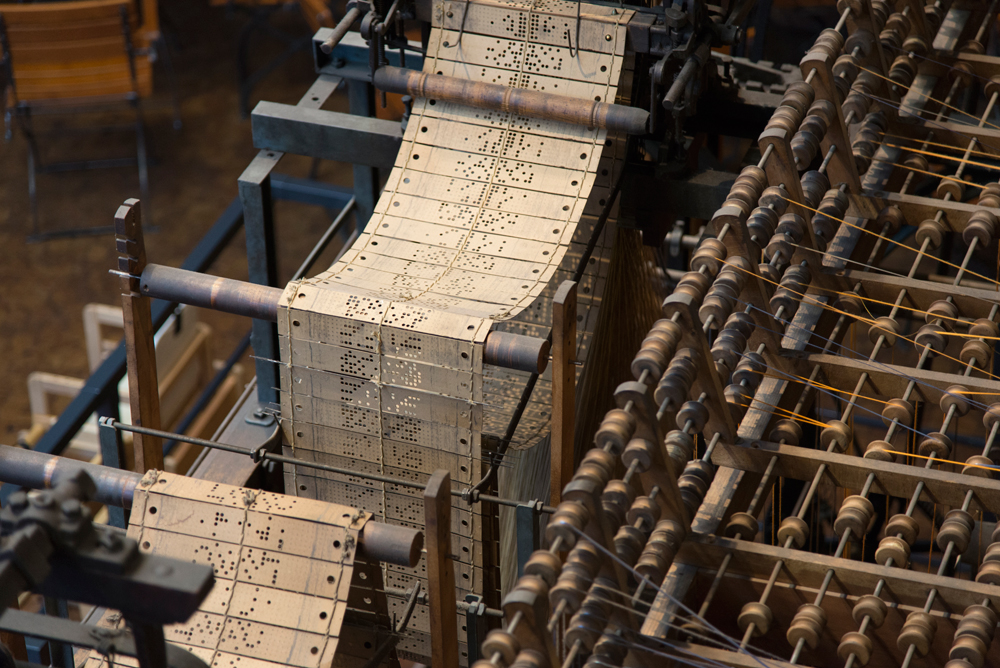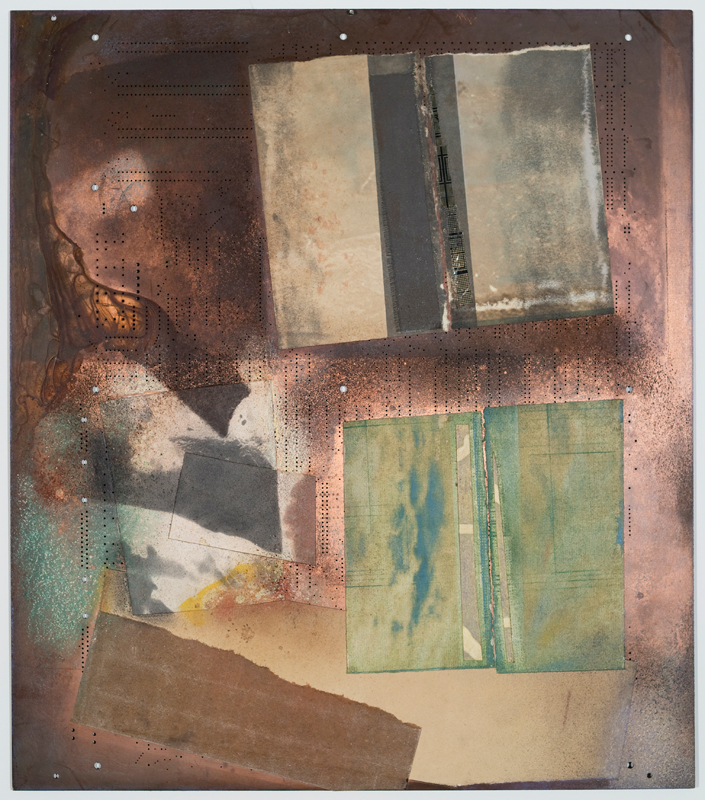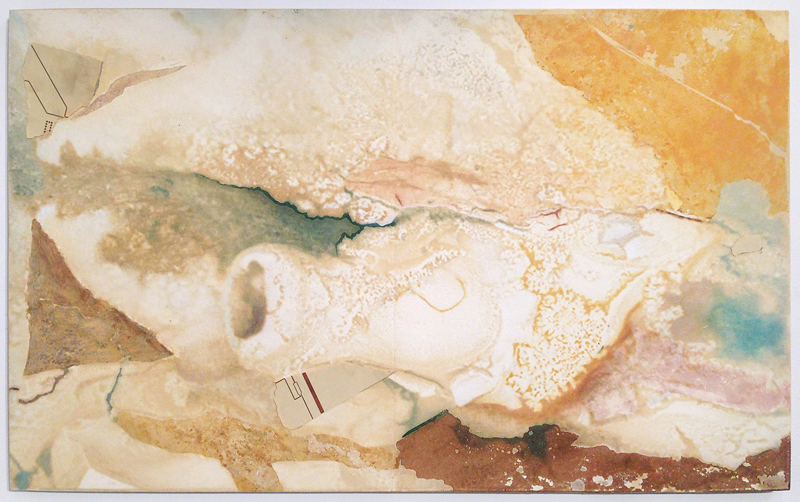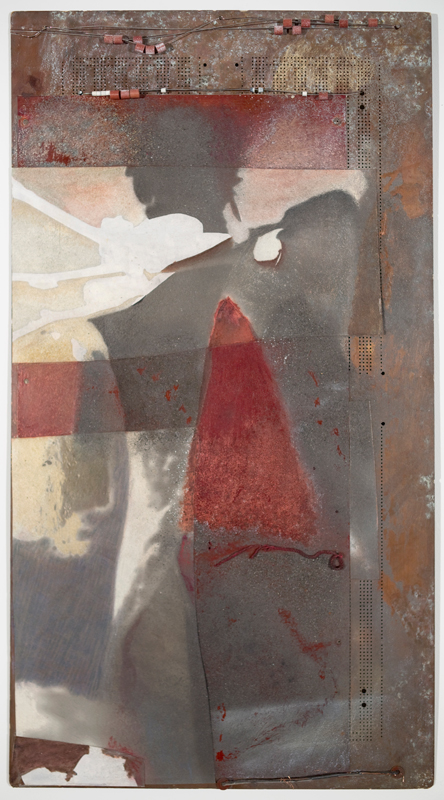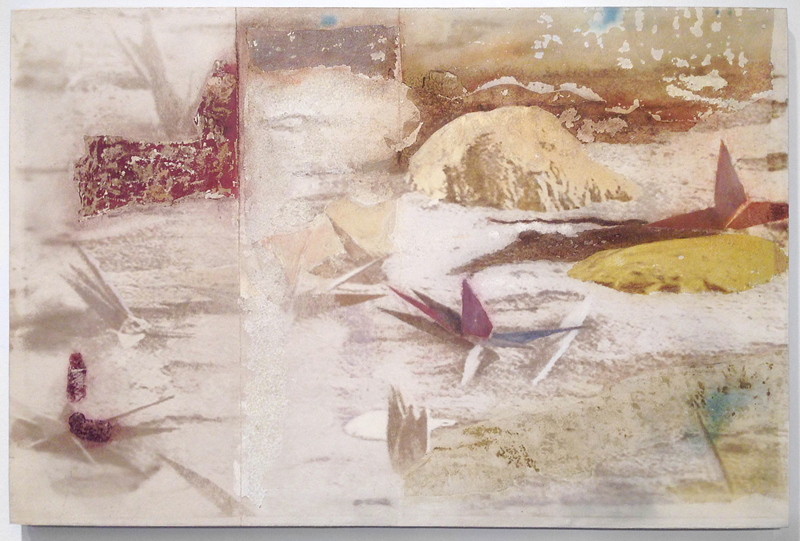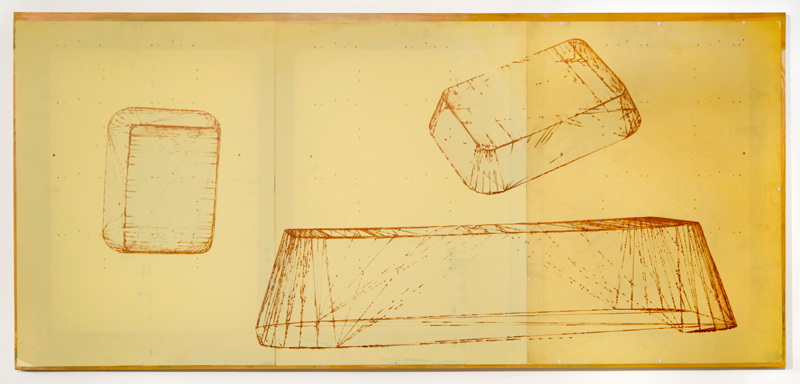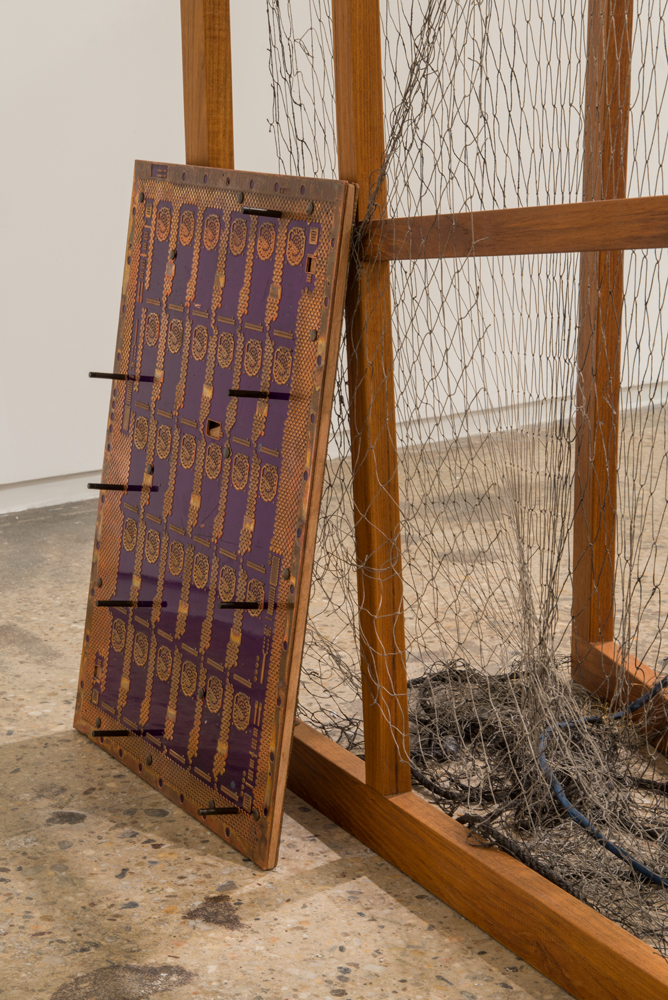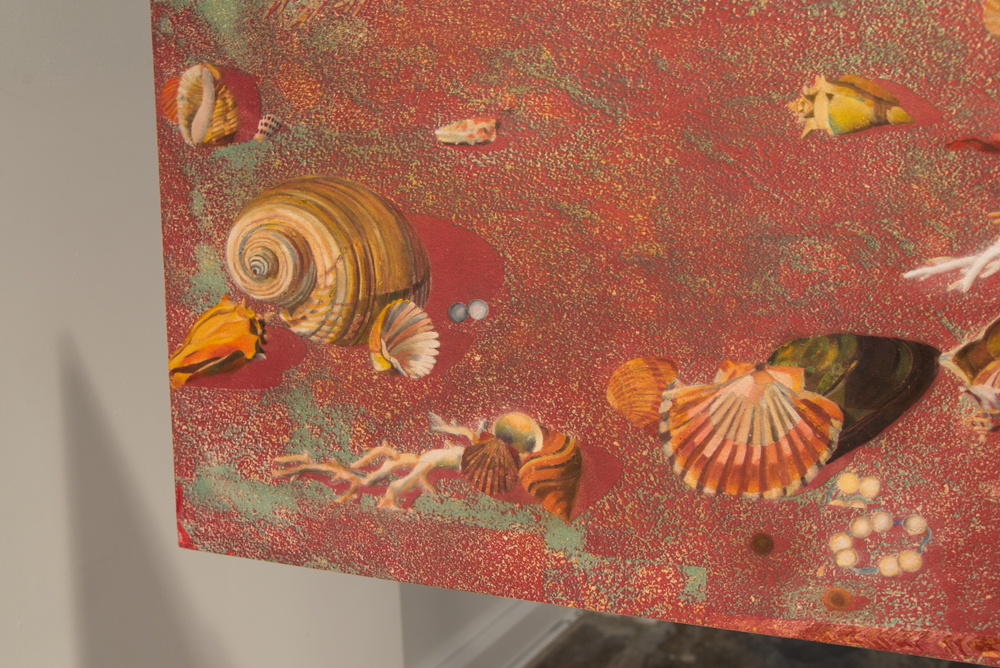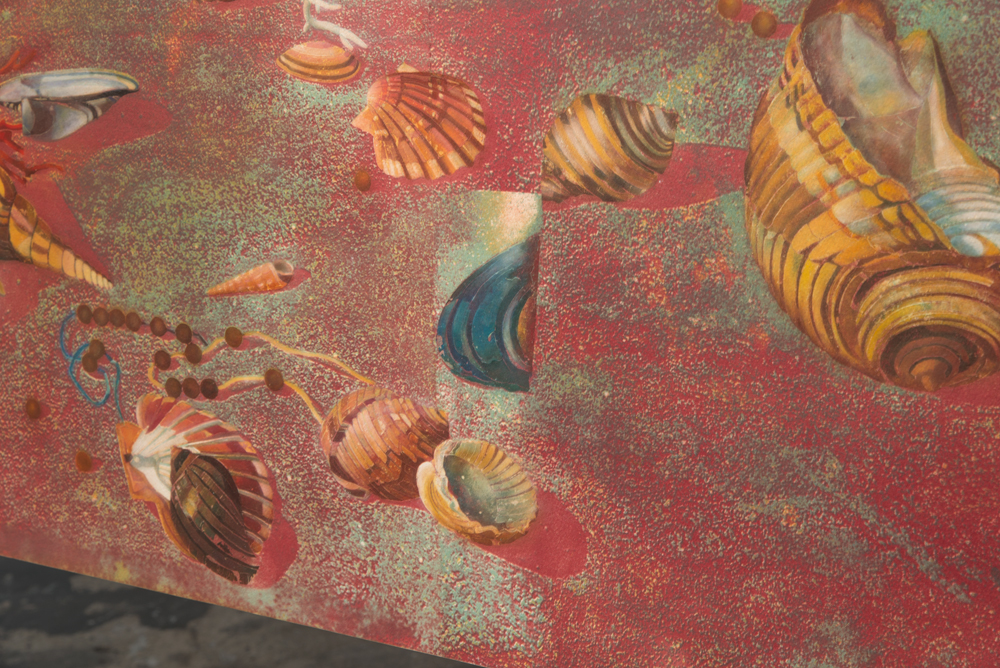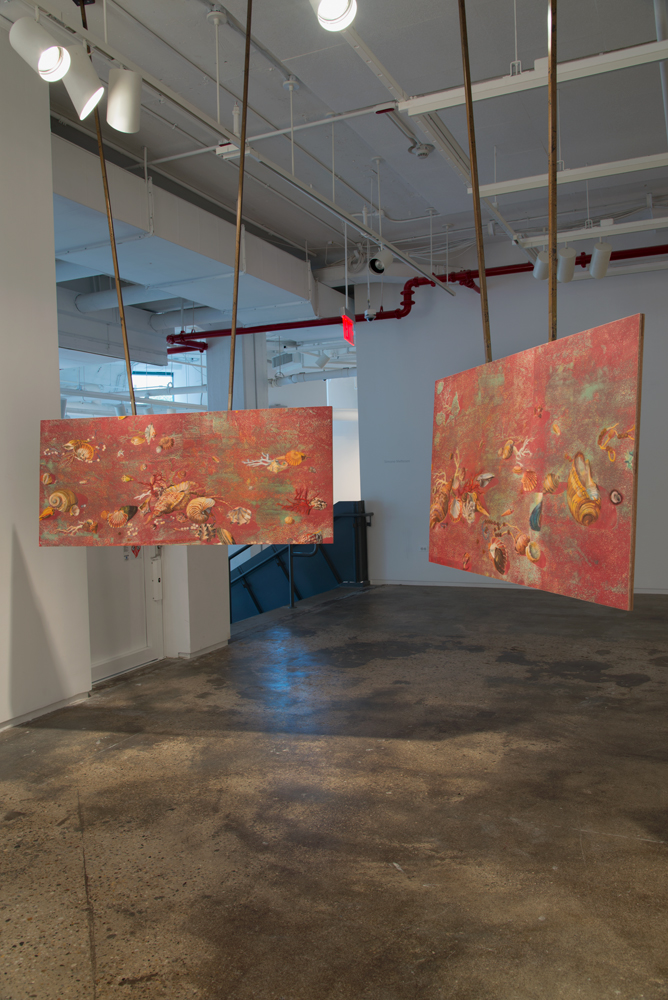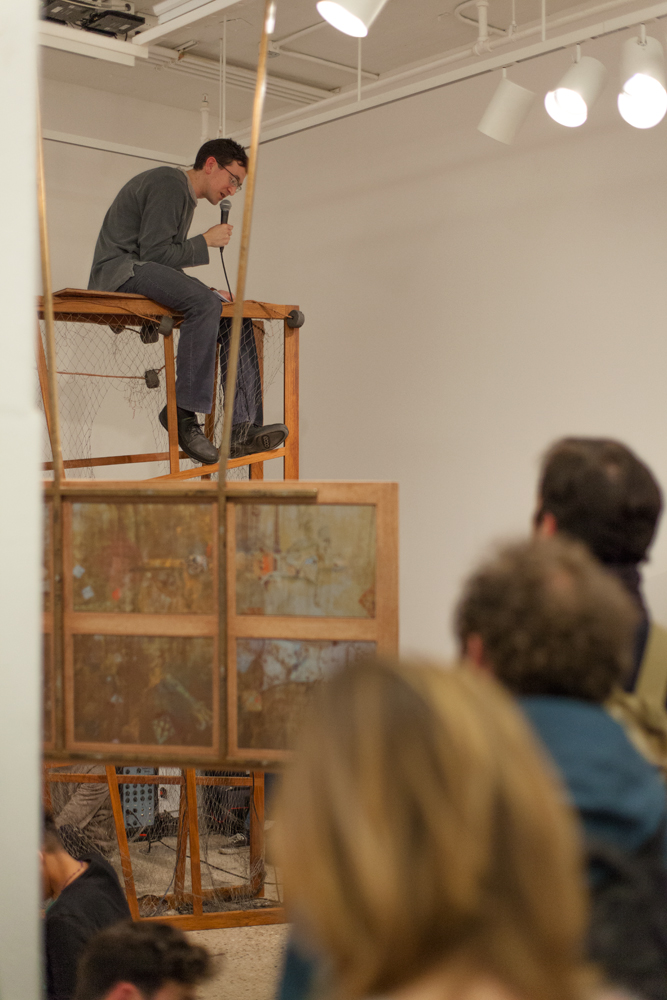George Laws Weinberg
Grant awarded Fall 2014
website: georgew.net
In January of 2015 I visited a number of computer history museums in Germany. The purpose was both to gather impressions of the aesthetics of technological artifacts, which my artwork sometimes imitates, and to investigate the display strategies the museums use: how technological milestones are charted, how that narrative meets up with stories older scientific and industrial artifacts tell.
I first visited the Deutsches Technikmuseum in Berlin, which has a small computer history collection but notably artifacts created or designed by Konrad Zuse, an important pioneer working in the 1930s and 40s, alongside large collections covering the history of navigation, transportation, and industry. I next traveled south to Dresden to visit the Staatliche Kunstsammlungen Dresden, which contains the Mathematisch-Physikalischer Salon, one of the world’s oldest and grandest collections of scientific instruments. Next, in Munich, I spent two full days at the Deutsches Museum, the world’s largest and most visited museum of science and technology, which has massive, separate exhibits devoted to computers, microelectronics, telecommunications, optics, nano- and biotechnology, robotics, and emerging technologies, among others. Travelling back north and west I visited the Heinz Nixdorf MuseumsForum (HNF), in Paderborn just south of Hanover, which is especially rich in machines now considered the forerunners to digital computers: typewriters, tabulating machines, etc. Finally I visited Sprengel Musuem in Hanover to look at their Kurt Schwitters collections, thinking about his time as a technical draftsman and the relationship between “logic gates” (an electrical engineering term) and collage.
The trip was especially useful in seeing how the relatively short history of computers is part of a much longer history of scientific instruments, and how and when demonstration devices and illustrations succeed or fail in illuminating objects or concepts that are often far below the field of vision or exceedingly complex.

